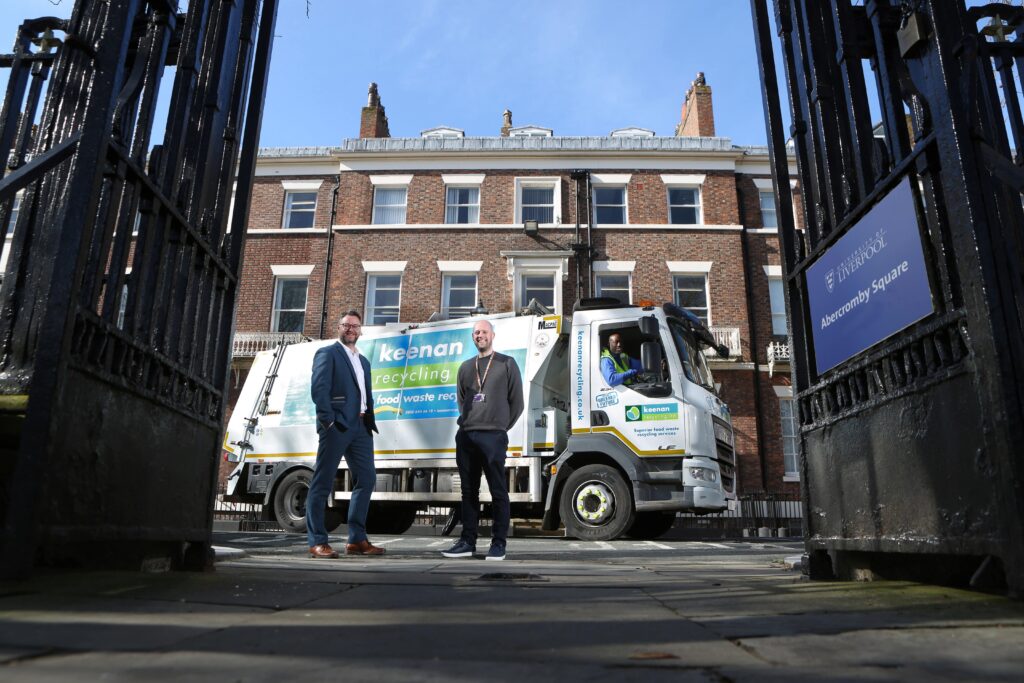
The call to action this week (November 5) comes in the wake of the Environment Agency launching a consultation on plans to crack down on plastic contamination in compost through the permitting system.
Launched last month (October 21), the 12-week consultation concerns the standard rules for biowaste facilities including anaerobic digestion and composting facilities.
The standard rules are a fixed set of rules that operators with standard environmental permits must comply with to continue operating.
In the consultation document, the Agency is seeking views on a number of changes to the rules governing biowaste facilities – including plans to limit plastic feedstock contamination.
At present, input contracts operate at a contamination rate for non-biodegradable contaminants such as plastic and other litter of around 5% by weight, and typically contains around 2 or 3%.
Limits
However, amid mounting concerns over plastics entering the environment, the Agency is proposing to tighten the contamination in feedstock limits to just 0.5%.
This would require facilities to introduce strict acceptance procedures to demonstrates that contamination levels are minimised.
Explaining its reasoning, the Agency said: “Plastic contamination, even if compliant with PAS 100 or PAS 110 standards, has reduced market confidence in using compost and digestate for agriculture. Removing plastic during or at the end of the treatment process is not an effective control measure. It is costly and can increase the risk to workers. We consider the most effective way to deal with plastic contamination is by controlling feed material so we propose to exclude all non-compostable plastic and packaging.”
It added: “We propose that incoming waste streams contaminated with non-biodegradable contaminants such as plastic and other litter above an incidental level of 0.5% w/w [weight by weight] is excluded.”
ORG
Responding to the consultation, Jeremy Jacobs, head of the Organics Recycling Group (ORG) at the Renewable Energy Association (REA), described many of the proposals as “common sense “.
“We consider the most effective way to deal with plastic contamination is by controlling feed material.”
And, he agreed that the quality of green waste feedstock needed to improve and that it was affecting the quality of recycled soils. The problem of plastic contamination in feedstock is an issue which the ORG has long campaigned about.
However, he said the proposed plastics limit has proved “contentious” because organics recyclers are not in control of the nature of the feedstock they receive – pointing out that this was the responsibility of local authorities and householders.
He said: “The Agency are saying that if we have standard rules permits and we have more than 0.5% contamination then we fall outside of the permit. That is fine but the feedstock is in local authority control. We have to deal with what we are sent.
“There is some concern that it is another opportunity to be dealt with the stick by the regulators – but it is out of operators’ control. Control lies with the local authority and householders.”
Funding
Mr Jacobs added that councils would need adequate funding to ensure that householders received the right message – explaining that at present, anything from crisp packets to garden toys could be found in kerbside collected material.
He commented: “There needs to be sufficient ring-fenced funding for local authorities to provide adequate communications to householders in doing the right thing.”
Mr Jacobs revealed that the ORG has scheduled a meeting later this month with the Agency to discuss the consultation and air any concerns. The consultation closes on 13 January 2020.
At the annual conference of the ORG in March, the Agency threatened a crackdown on poor performing composting and AD sites, where plastic is found in material to be spread to land. At the time, it was suggested that councils could be in trouble for breaching duty of care rules for delivering contaminated feedstock to their organics contractors (see letsrecycle.com story).











Subscribe for free